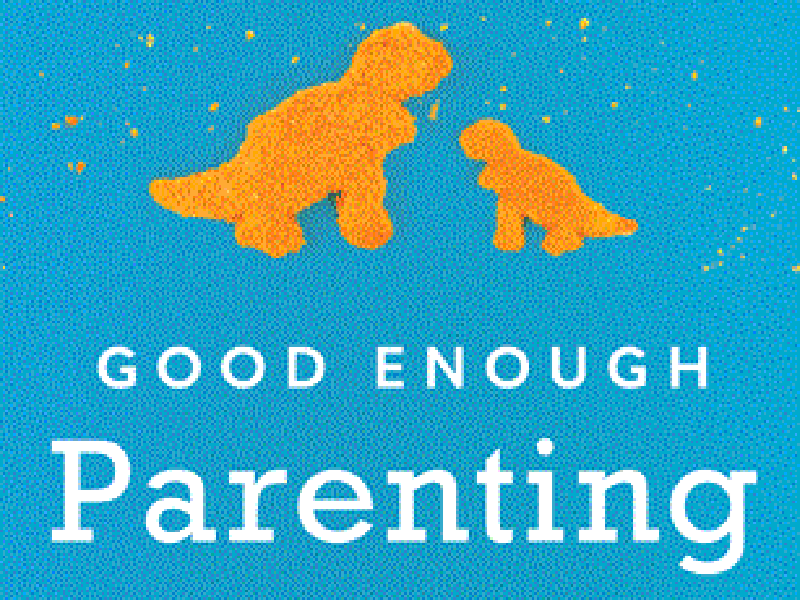Psychological Science Professors Publish Book on Parenting
Worried you’re inconsistent when it comes to setting expectations for your child? Or that you’re not doing enough to prepare them for future success? Then Lauren Quetsch, an assistant professor of psychology, and Tim Cavell, a professor of psychology, both at the U of A, have a book for you. It’s titled Good Enough Parenting: A Six-Point Plan for a Stronger Relationship with Your Child. It was published by the American Psychology Association as part of their LifeTools Series.
Good Enough Parenting teaches parents how to set parenting goals, prioritize their own emotional health and create a structure for their family. Once that three-step foundation is laid, parents then learn the importance of accepting their child for who they are, containing their behavior and acting as a leader.
According to Cavell and Quetsch, prioritizing these six areas will allow readers to parent proactively rather than reactively — focusing on what matters most. The authors maintain that while no one can be a perfect parent, anyone can be a “good enough” parent — one who shepherds their child toward a healthy, productive adulthood.
In support of the book’s publication, Cavell and Quetsch were recently featured on the APA’s flagship podcast, Speaking of Psychology, where they discussed the book and the importance of being “good enough” when it comes to parenting.
Quetsch, a mother of four, comments in the conversation, “If we worry too much about all of the finer details, … we miss the larger picture of what it means to be a parent — what it means to run a family. And so ‘good enough’ is often now the advice that parents need more than ever.”
Cavell, a father of three, adds that it was their intention to “draw from the science of parenting, but … render it in a way that’s user-friendly, that’s parent-friendly, that’s digestible and that distills the key findings down to an essential whole, to what matters most.”
This story also appeared in the University of Arkansas News publication.


